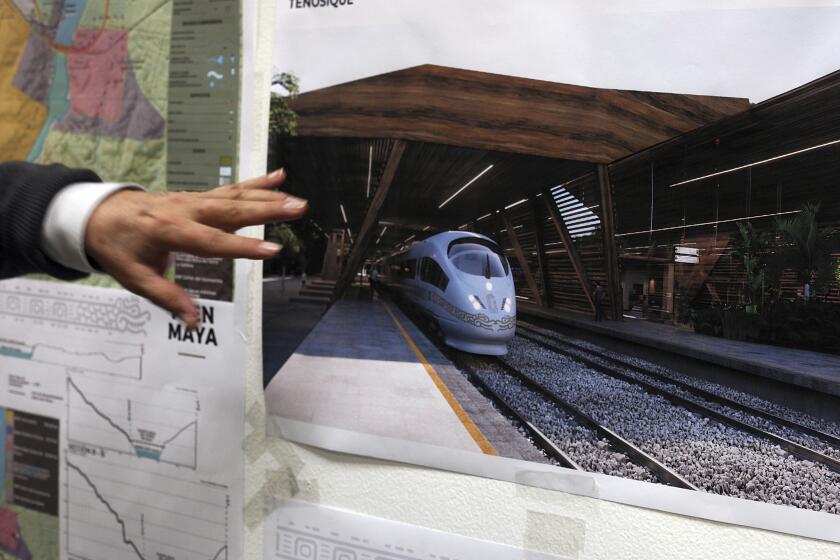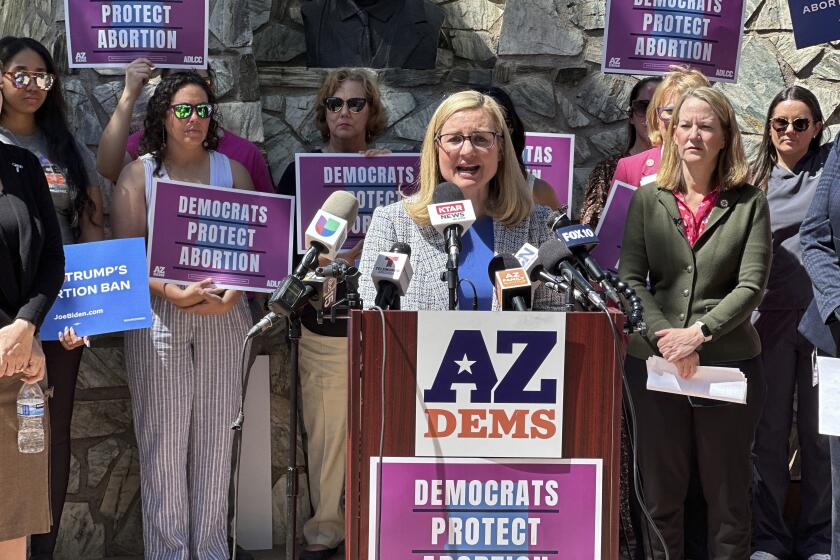Deported Boca barra brava leader says he wasn’t headed to Libertadores final
A one-time leader of Buenos Aires club Boca Juniors’ barra brava (gang of radical supporters) said Friday after being deported back to Argentina by Spanish authorities that he had not had any intention of attending the second leg of the Copa Libertadores final pitting Boca against crosstown arch-rival River Plate.
The South American Soccer Confederation (Conmebol) moved the match from River’s home ground, El Monumental Stadium, to Real Madrid’s Santiago Bernabeu Stadium after Boca’s team bus was attacked by River fans while en route to the second-leg match, originally scheduled for Nov. 24.
Several Boca players were injured, some of whom were affected by pepper spray used by police to quell the fan violence.
The first leg, which was played at Boca Juniors’ La Bombonera Stadium on Nov. 11, ended in a 2-2 draw.
“I wasn’t going to (Santiago Bernabeu Stadium). I was on vacation with plans to spend Christmas in Barcelona with my family,” Maxi Mazzaro told reporters in this capital, adding that it has been five years since he last saw Boca play in person.
Spain’s National Police identified Mazzaro on Wednesday night thanks to security measures put in place ahead of Sunday’s Copa Libertadores contest and sent him back to Argentina on Thursday.
“Police detected one of the most significant and dangerous Barras Bravas, who has numerous prior offenses. This individual has been returned to Argentina. Soccer is NOT violence,” the National Police said in a statement Thursday.
Barras bravas, a term that typically refers to fan-run gangs rather than individuals, are widespread in Latin America and are notorious for running a variety of rackets at soccer games and even using their power to skim off money from player transfers.
Mazzaro was jailed on murder charges in 2013 in connection with the 2011 killing of Ernesto Cirino in Buenos Aires’ Liniers neighborhood, but he and a current member of Boca’s Barra Brava, Mauro Martin, were acquitted a year and a half later.



